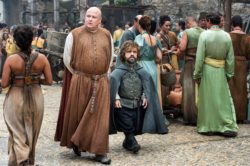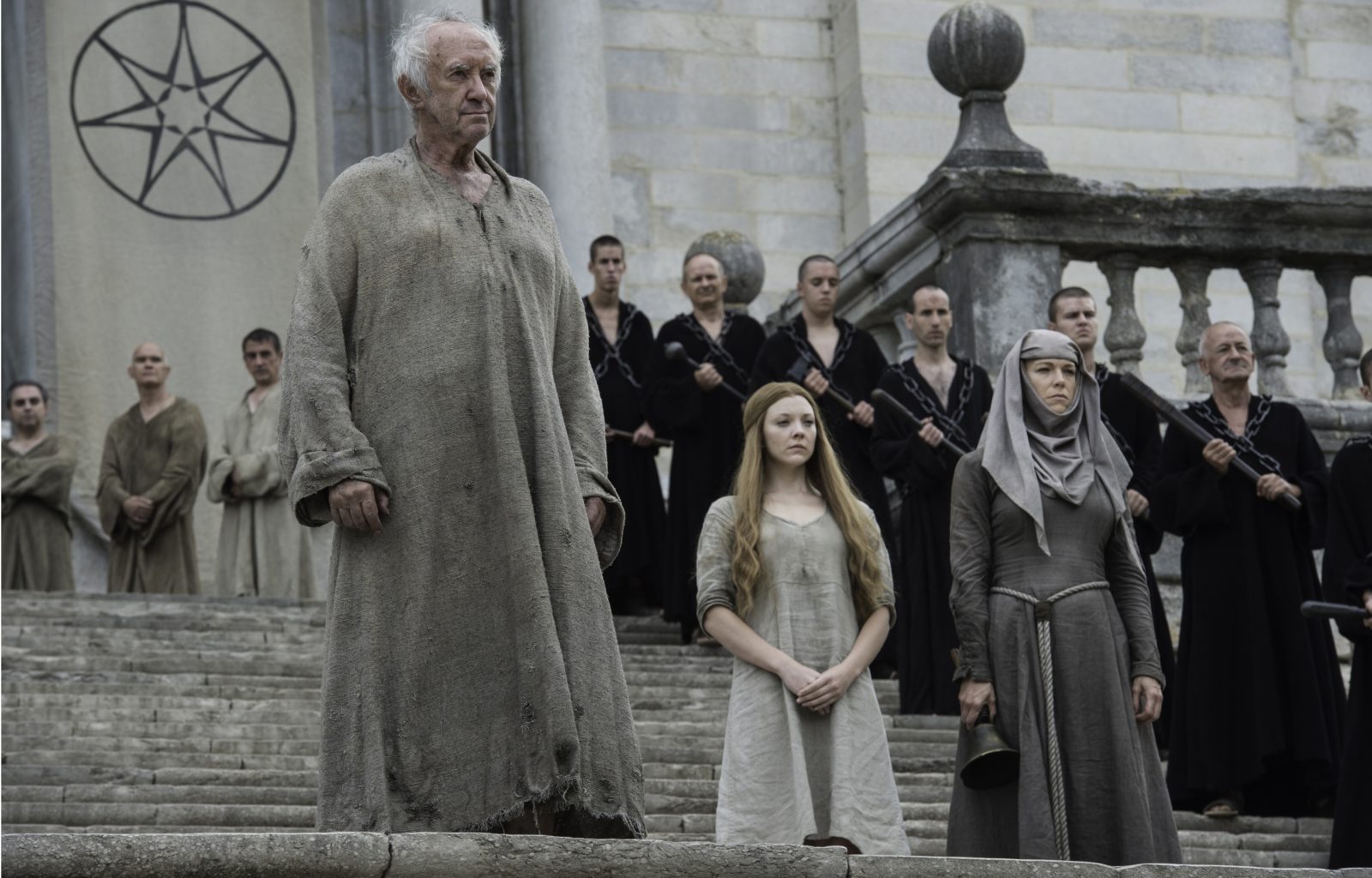Game of Thrones – a secret political parable?
To describe George R. R. Martin’s Game of Thrones as a secret ‘political parable’ might sound a little far-fetched, but when one journalist made the comparison, it all seemed to fit together. Many journalists, as Robert Colville notes, have drawn parallels between the chaotic, political times of today with the hugely popular TV show and books. Arguably, however, it goes deeper than just political power plays.
When you watch, or read, the Game of Thrones series, you don’t feel as if you’re reading about anything contemporary. Their wars, relationships and concerns; they’re all different from those of today. However, there is an argument to be made that Martin has a contemporaneous message embedded within his story, and that it’s more relevant than one might have first thought. At the heart of the Westerosi game of thrones is a battle of ideologies, and not one of dynasties or figure heads. Although Martin drew inspiration from the Wars of the Roses, Game of Thrones appears to stand for one big allegory of 21st century politics, as it proposes to show the different ways to govern and what works versus what doesn’t.
Even Daenerys, a champion of mercy and compassion, soon comes to realise that these two qualities in a ruler are not enough.
For example, take each prospective ruler. The old Targaryen family ruled by divine right, Robert by brute force; Stannis based his claim on the Iron Throne on legality, whereas Ramsey Bolton epitomised a dictator through his reign of cruelty. Each powerful dynast had their own thoughts on how to be a good ruler, but each one also finds themselves lacking. Even Daenerys, a champion of mercy and compassion, soon comes to realise that these two qualities in a ruler are not enough. It is not just the rulers who represent a certain ideology. The series also saw the rise of the High Sparrow who appealed to fundamentalists, almost bringing about the demise of the Iron Throne itself.
Martin’s real message, however, which he reveals by testing each character and their beliefs to the limit (including Westeros itself which is being stripped of all its order and system), is supposedly easier to comprehend in the books. Within his novels, Martin details the destruction brought upon by the small and large acts of the powerful, the greedy, the self-obsessed, the ignorant; the ravaged waste lands they leave behind for the poor folk to pick up the pieces. His desires for Westeros are laid bare in the words of Tyrion and Varys in particular. Both are realists seeking peace and prosperity for all. Indeed, a recent episode of the series (minor spoiler alert ahead), ‘Stormborn’, Daenerys doubts Varys’ loyalty and threatens him with her dragons, questioning whether he will leave her for the next contender for the throne. What Varys replies with sums up exactly what the entire series and Martin is getting at: ‘You wish to know where my true loyalties lie? Not with any king or queen, but with the people. The people who suffer under despots and prosper under just rule.’

Conleth Hill as Lord Varys and Peter Dinklage as Tyrion Lannister Credit: HBO/Sky Atlantic
To convert that into contemporary speech, Varys isn’t a staunch Conservative, Labourer or Liberal. He seeks the ruler who will serve the people best, the ruler who realises that it isn’t just austerity or increased benefits on their own that will be most prosperous. How this will play out in Game of Thrones however, is hard to tell, particularly because this is the last season and it would be a surprise if a lot of main characters didn’t die. Will Daenerys or Jon Snow succeed? And if so, which ideology and policies will be triumphant? It will be an exciting next few weeks for sure.

Comments